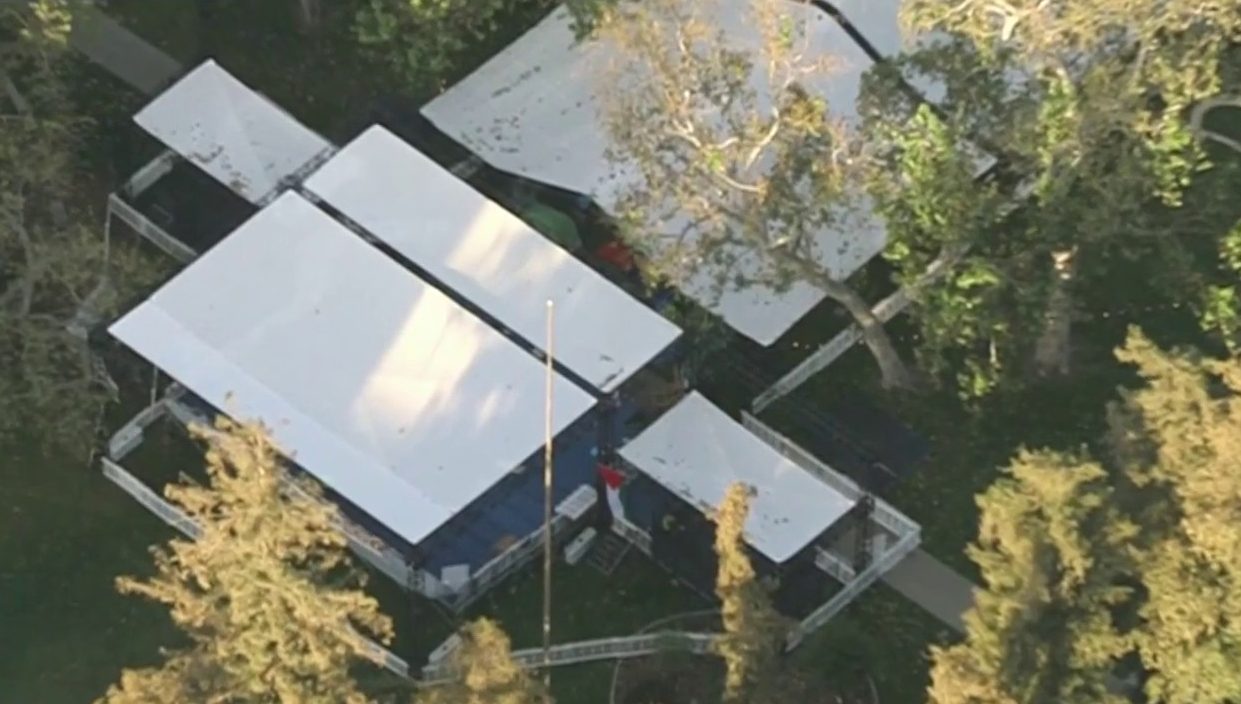Students may be eating more Top Ramen and working overtime to pay their next tuition bill. Just two months after approving a 10 percent tuition hike, the California State University Board of Trustees authorized another 20 percent increase in student fees Tuesday as it tries to compensate for a sharp reduction in state funding.
Under the fee hike, tuition for full-time undergraduate students will increase by $672 this fall, from the current $3,354 to $4,026. Average campus fees are $801, bringing the total average cost to $4,827 a year -- a rate that CSU officials said is still lower than many other university systems.
Nonresident student tuition will increase from $10,170 to $11,160. That hike is the first increase in nonresident tuition since 2004-05, CSU officials said.
The board's vote was met by chants of "Shame on you" by students and other protesters gathered at the meeting.
Local
Get Los Angeles's latest local news on crime, entertainment, weather, schools, COVID, cost of living and more. Here's your go-to source for today's LA news.
"There has never been such a steep drop in state support in such a short amount of time," CSU Chancellor Charles Reed said. "We are in the midst of a financial meltdown and need to take immediate action in order to preserve our institutions. We have developed an overall plan to get us through the next two years that both reduces expenditures and increases revenues.
"Raising student fees is always a difficult decision, and we recognize the tremendous burden and challenge it places on our students," Reed said.
One-third of the funding from the fee increases will go into financial aid. Reed said as many as 187,000 students whose family income does not exceed $75,000 a year will be exempt from the hikes.
Lt. Gov. John Garamendi, a member of the board, unsuccessfully lobbied his colleagues to support an oil severance tax that would put a levy on oil extracted in the state. He then voted against the tuition hikes.
"I've never been one to retreat," he said. "However, for two-and-a-half years, and actually a little longer than that, the higher education system has been in full retreat. Now, what do we do about it? Turn tail and run as we have for so many years here or do we stand and fight and move forward? There is an option, there is an opportunity, and I urge this board and all in higher education to do something positive, rather than just on the negative side."
The board also approved regulation changes to allow management and non-union employees to be furloughed two days a month beginning Aug. 1. CSU has proposed a furlough program that would require the system's 47,000 employees to take two unpaid days off every month to save the university system about $275 million.
The California State University Employees Union, which represents about 16,000 non-academic employees, has already ratified the furlough agreement. Other unions are still discussing the proposal.
Reed has already directed all 23 CSU campuses to stop enrolling students for the upcoming spring semester, and he is calling for enrollment to be reduced by 40,000 students over the next two years.
Even with the cuts and fee increases, however, the CSU system will still be facing a $190 million budget deficit.
Reed said workers at all CSU campuses will have to restrict travel, suspend job promotions, reduce maintenance and repair, and avoid large purchases.
"They will reduce their budgets every way that they possibly can during this year to get to the $584 million reduction," Reed said.
Copyright Archive Sources



